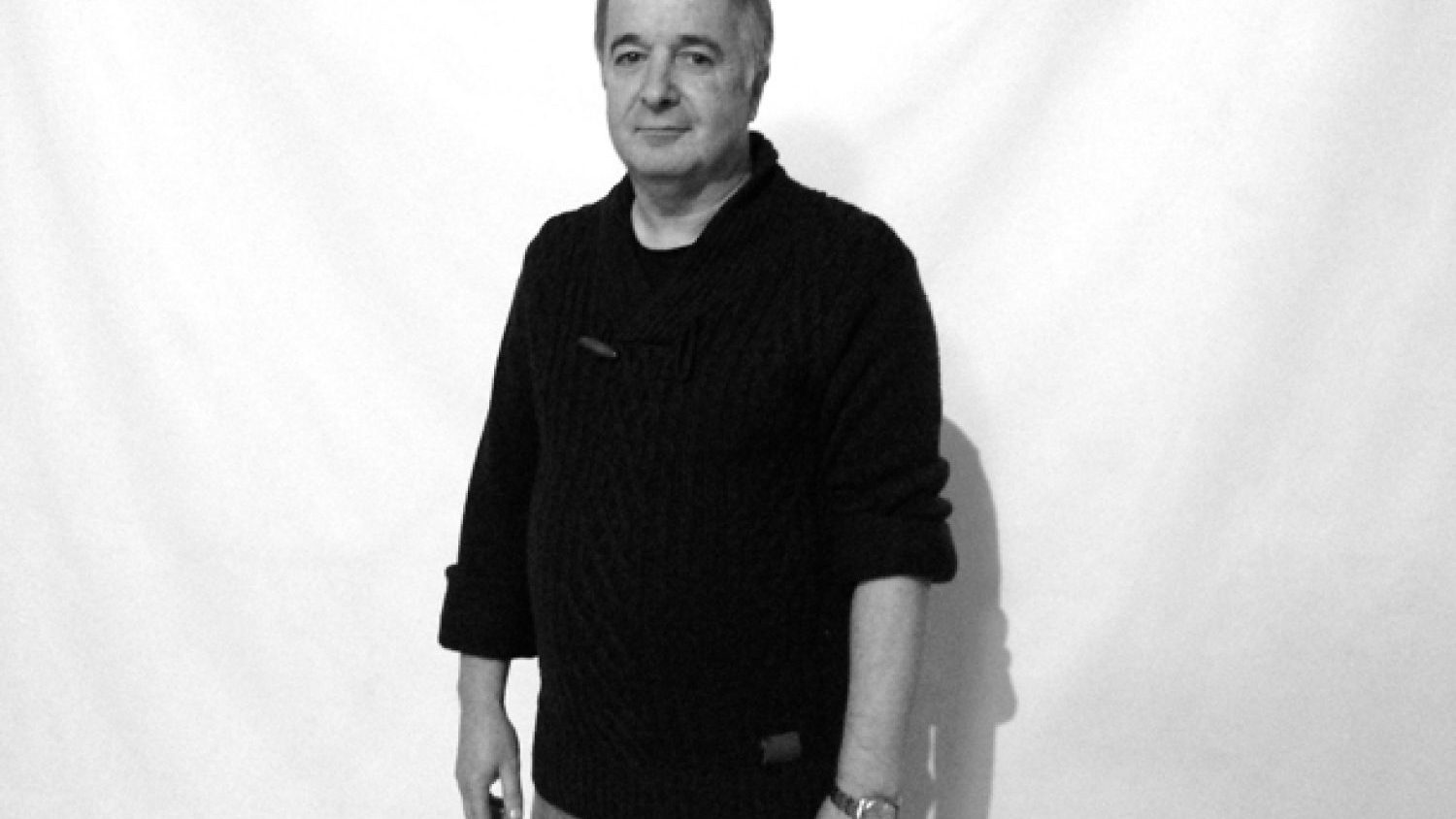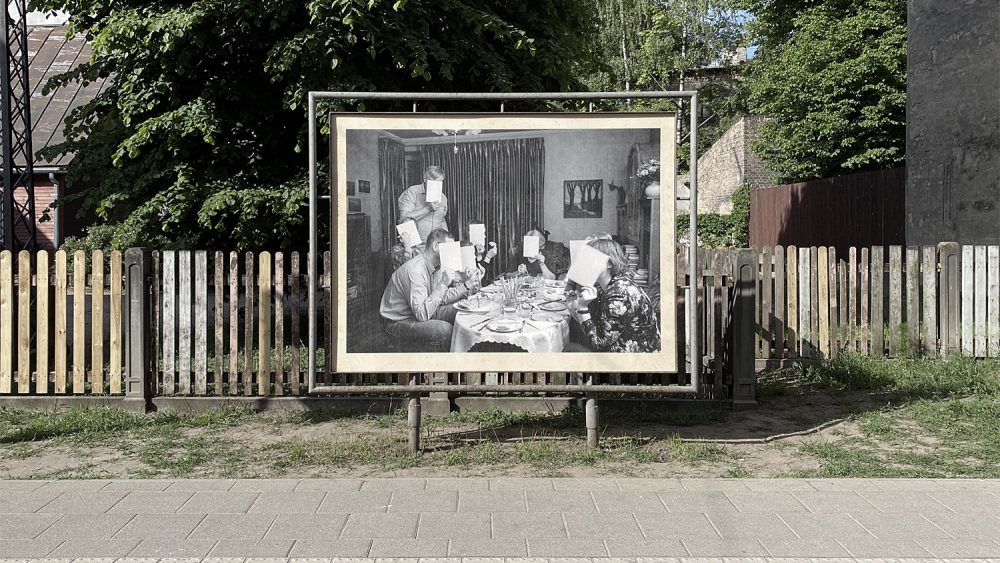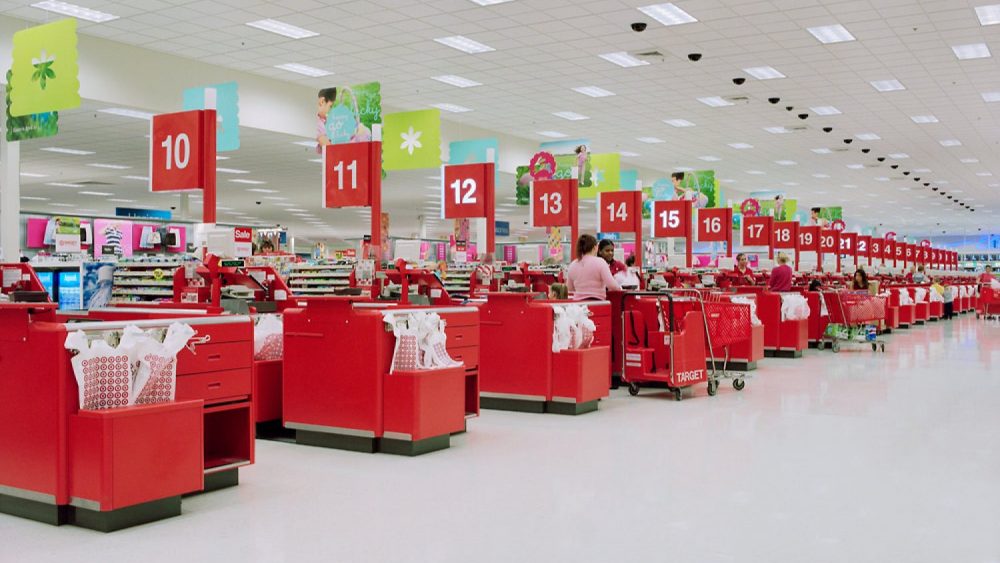10 minutes with David Creedon
For the second year in a row, Irish photographer David Creedon worked as an artist-in-residence in Kuldīga, Latvia. In the project The Summertime of my Autumn he turns to the complicated destinies of elderly Latvians – people who live in the countryside, almost isolated from the rest of the world. They have lived through the brutality of communism to experience the hardships of transition to the free market economy. David’s work is part of the exhibition It happened… at the Kalnciema kvartāls gallery in Riga, open to the public until November 26.
You’ve been described as a conceptual documentary photography artist. What do you understand by that, and does it describe your working method well?
The description came from a British journalist, who said: “Dave, do you know what you are? You’re a con-doc photographer.” All I heard was the word “con”, which did not have good connotations. I asked him what that meant, and he said that the term “con-doc” was invented by Martin Parr. It comes from the 1940s “sub-doc” type of photographers, while I’m a conceptual documentary photographer. I suppose, he was right in a way.
Conceptual might be a bit far fetched, but the work I do – it is kind of documentary, but with a deep historical narrative that runs through the photographs. I like finding bits of history that people don’t know or haven’t heard about, or cover stories that are different to our perceptions.

A lot of your work examines our relationship to history. Why do you feel that’s important?
We all learned history at school, and I loved it at the time. But sometimes our interpretation of history is totally untrue. Cuba would be a good example – the perception of Cuba is totally false, if you read the facts. In my opinion it’s a country that has been completely wronged, and that’s brought out in the historical documentation available. I’m sure most historians would believe the same – that Cuba has been mistreated by the United States. The United States were never good at anything, but they did invent PR. They just do a PR job, and make countries look bad. They’ve done it to Guatemala and Vietnam as well – the facts on paper don’t bear out. I enjoy finding stories like that.
You’ve done work in Cuba, Ireland, and now a series in Latvia. What connects your body of work?
The Irish connection to Latvia is very obvious to me. When I was doing research a couple of years ago for an Irish project about emigration in the 1950s, I discovered that in contemporary Europe the only country that has suffered as badly from emigration was Latvia. I stored that in the back of my mind. And then when this project came up – the Kuldīga Artists’ Residence – I remembered the story and applied.

Could you elaborate on the project you did in Kuldiga – The Summertime of my Autumn?
The Summertime of my Autumn is a story about ageing. I found a lot of information on depopulation in rural communities, about an ageing population – currently perhaps 20% of Latvians are over 60, and these people are to some degree forgotten. You can see it even while walking in Riga. Riga is a very affluent city, but there are old people who probably feel forgotten. At the same time, rural Latvia is completely devastating – you can drive for miles and never see another person or car. People who live alone, who’ve aged, sometimes fear living in isolation and not seeing anybody. One woman told me: “I don’t mind living alone, once I’m not forgotten.”
Elderly Latvians have such rich stories. Most of them have lived their life through socialism right into the free market, so they have experience of both. People just started to talk about their lives and brought out photo-albums.
One man told me: “When I came back, all of my family was gone. I don’t know where they went. That was 1941. Then I got sent to Siberia, and I didn’t come back until1957.” Afterwards, he refused to say anymore, because he didn’t want to be seen as a traitor. I saw that a fear of the Stalin era had been drilled into him, and was perhaps still there. A lot of the people [I met] said that young people today don’t understand what they went through.

Was there something that really astonished you whilst working on this series?
Actually, it was a very, very difficult project to get started on. I think Christel (Ooms, who also took part in the residency. – I.R.) also felt that there was a kind of barrier. We were strangers from a different country, and people didn’t really trust us or know what we were up to. We started to break down those barriers slowly last year, and this year they didn’t really exist anymore. It was much easier to continue the project.
I came here with the idea that the project would be on the theme of emigration. But as it developed, the old people really came out. I became much more interested in them.
When you drive up to a farmhouse and knock on the door, it’s not about taking a photograph and then leaving in 15 minutes. That was never the case – we would spend hours talking, the cameras would stay in the car at the beginning. The portrait was the last thing.
We got some really interesting stories. I remember a woman who told us about her children. It was about Christmas or New Years Eve, and her children were burned to death. It was very poignant. I wasn’t really listening to the story, because the woman was speaking Latvian to Dārta (David’s assistant. – I.R.), and they were both very emotional, and I was not really sure of what was going on. I was isolated from this traumatic story, until Dārta told it to me afterwards. People opened their hearts to us, and told us stories that they probably wouldn’t tell anybody.



